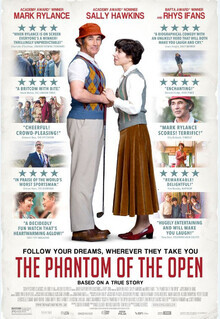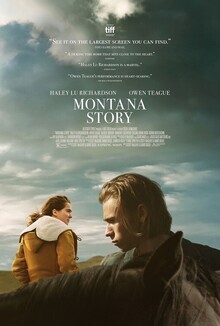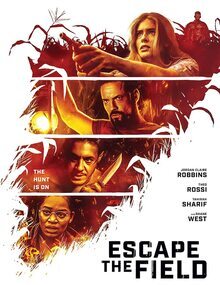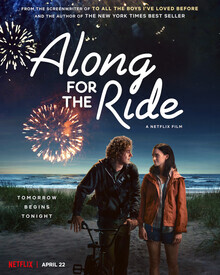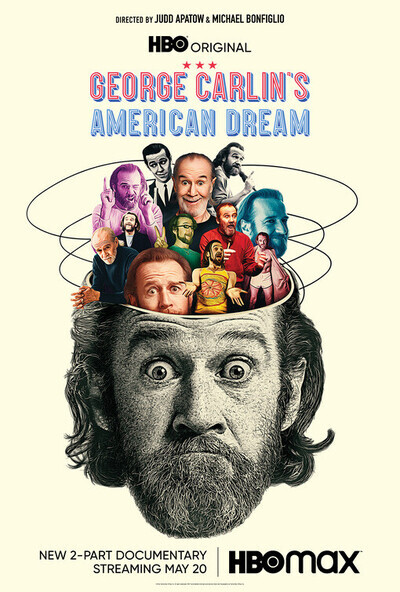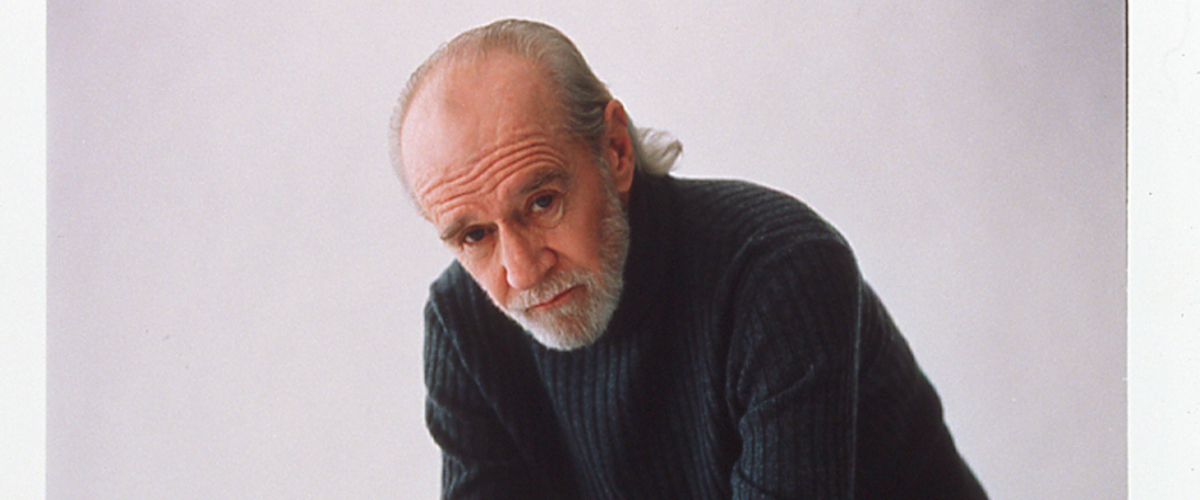
It’s been fascinating to watch both ends of the political spectrum try to claim the legacy of George Carlin. Conservatives are convinced he would embrace their fight against cancel culture, believing that Carlin would support them under his umbrella of freedom of expression. Liberals respond with the fact that some of his best bits that were pretty strongly against almost all of the political beliefs of the Republican Party, especially in the ‘80s and ‘90s. With so few public figures embraced by all political stripes, why does Carlin engender such love? The truth captured in HBO’s excellent “George Carlin’s American Dream” is that everyone can appreciate this man’s genius. Directed by Judd Apatow and Michael Bonfiglio, this four-hour documentary series is more than just a love letter to a comedy icon. It successfully unpacks how Carlin didn’t so much reinvent himself as continuously explore what mattered to him in this world, usually on stage. It’s also more than just a recounting of a professional career like so many celeb docs. It digs into Carlin’s personal life in a way that’s honestly moving, showing the big heart behind the persona that was often falsely perceived as misanthropic.
For the first hour or so of “George Carlin’s American Dream,” Apatow and Bonifiglio largely let Carlin speak for himself. He did so many interviews that it’s possible to cut together his own words with home movies, photos, etc., and some of the truly archival clips are stunning. Even fans may not realize how much Carlin tried to “go straight” early in his career, doing traditional suit-and-tie variety shows, clean-shaven and eager to please. Inspired by Danny Kaye as a child, Carlin just wanted to be an entertainer, and he was figuring out exactly how to make that dream come true.
Then he discovered drugs. Carlin unpacked his mind, stopped shaving his beard, and changed his act. What “George Carlin’s American Dream” really captures is how much its subject was willing to shift and change, never just to sell tickets but to figure out what mattered to him as an artist. Drugs opened his mind to the world and a true love for semantics would shape the next phase of his career. Carlin loved words. Some of his best bits have the wordplay of poetry or philosophy, and it’s fascinating to see him develop this brand from out of those early variety show days all the way through his HBO masterpieces.
Apatow and Bonifiglio land a number of comedy luminaries to speak on Carlin’s brilliance, including Chris Rock, Bill Burr, Patton Oswalt, Jerry Seinfeld, Stephen Colbert, and Jon Stewart. The team behind this project are sharp interviewers and these comedy geniuses want to talk about Carlin. It’s remarkable how “George Carlin’s American Dream” digs into why Carlin was so smart and so talented and somehow avoids hagiography. It helps that “GCAD” clearly has the blessing of those close to Carlin, including his daughter and widow, who allow a window into the deeply personal side of the public figure. And, of course, the special ends with a bit about how much Carlin would have had to say about the events since his death, although I honestly could have gone for more of this, including insight into how everyone seems to think he’d agree with them.
Specials about comedy talents are often just excuses to watch the best bits of a famous star, but “George Carlin’s American Dream” is way more than that. It is loving and appreciative of his genius without ever devolving into fan service. After all, he would have hated that.
On HBO Max now, playing on HBO on the evenings of May 20 & 21.
Brian Tallerico is the Editor of RogerEbert.com, and also covers television, film, Blu-ray, and video games. He is also a writer for Vulture, The Playlist, The New York Times, and Rolling Stone, and the President of the Chicago Film Critics Association.

